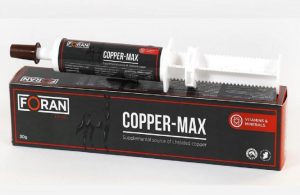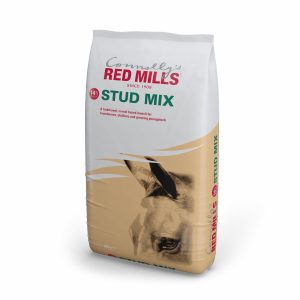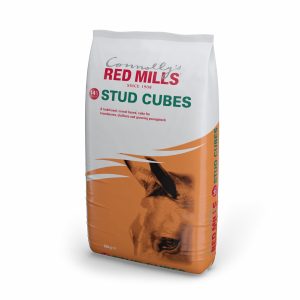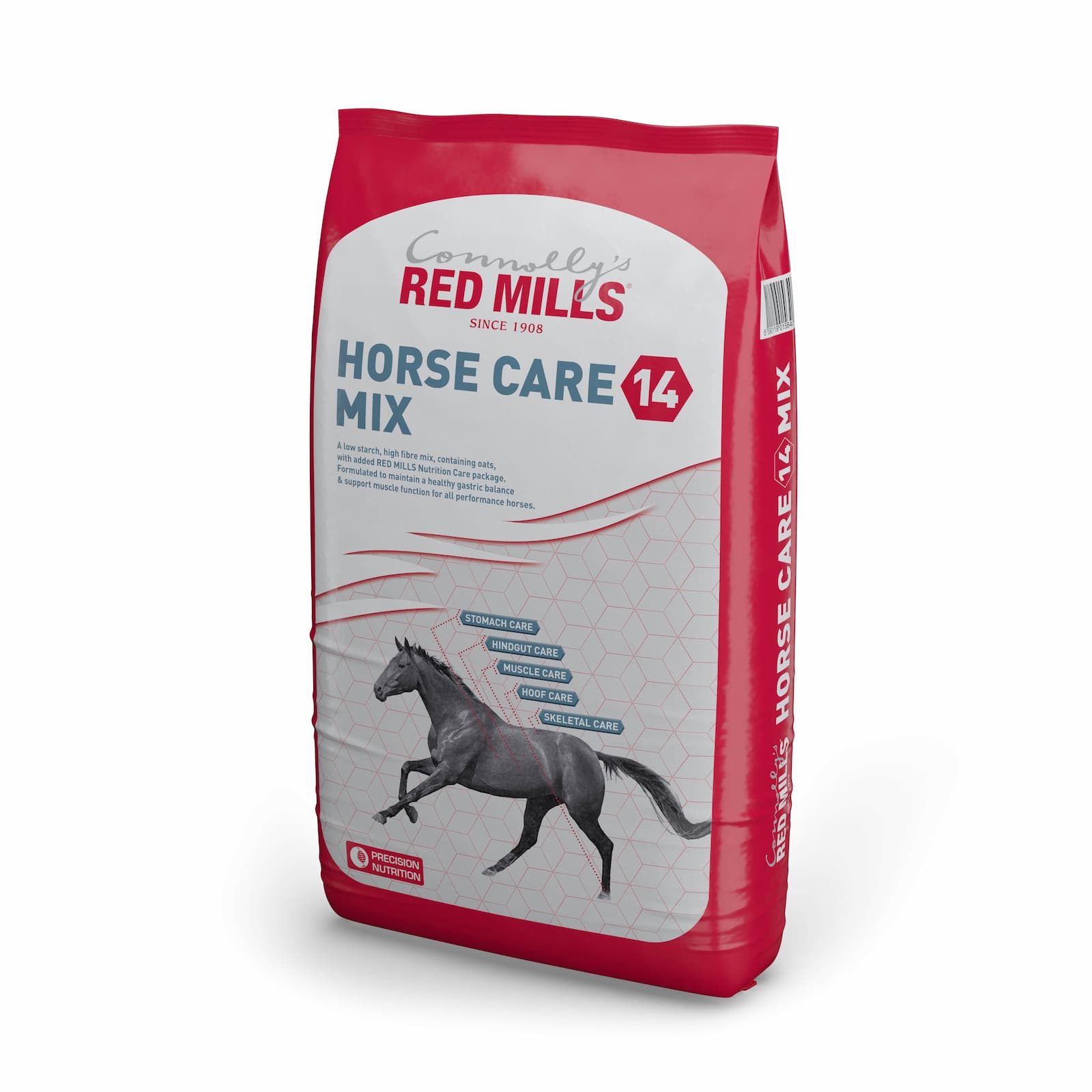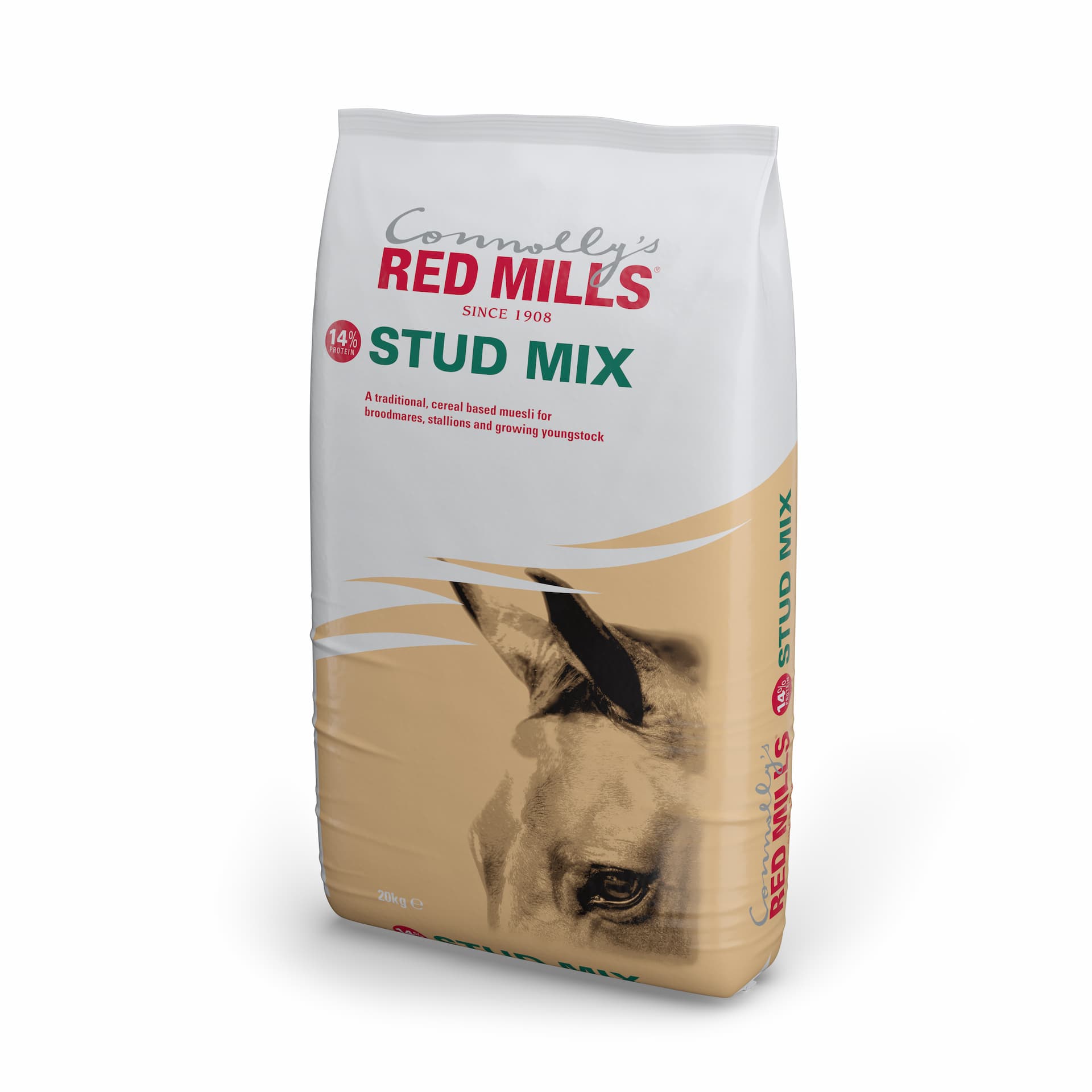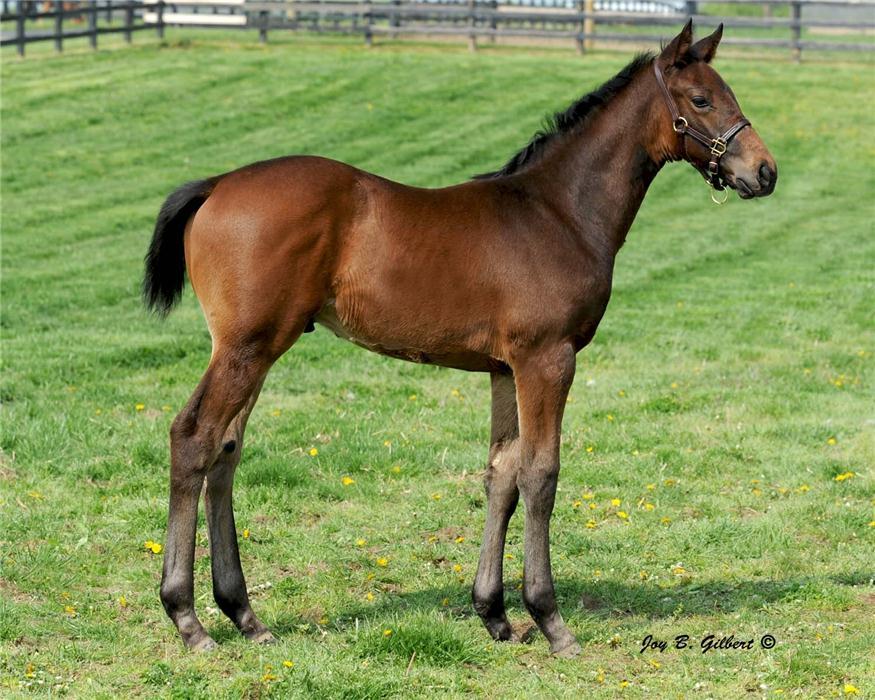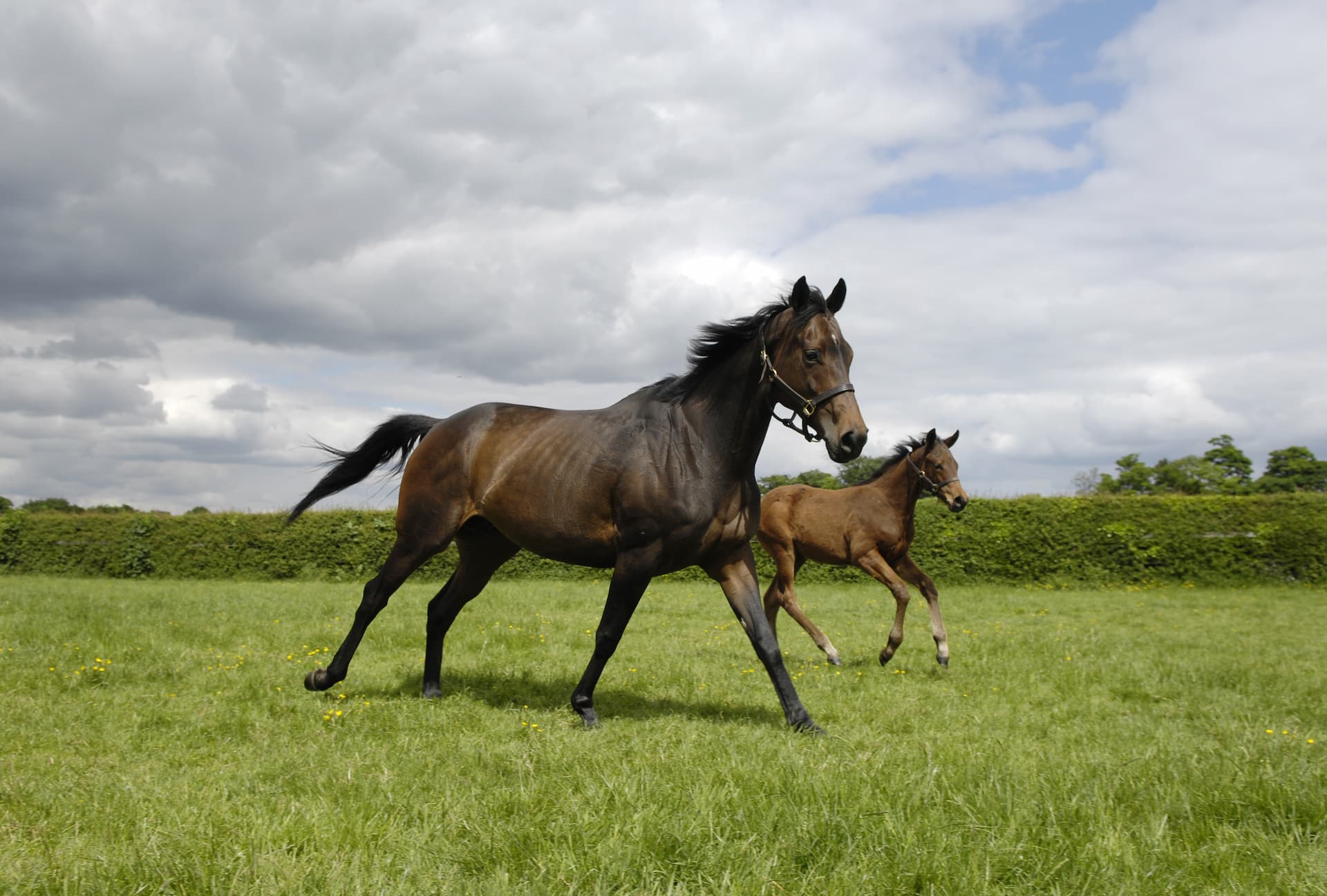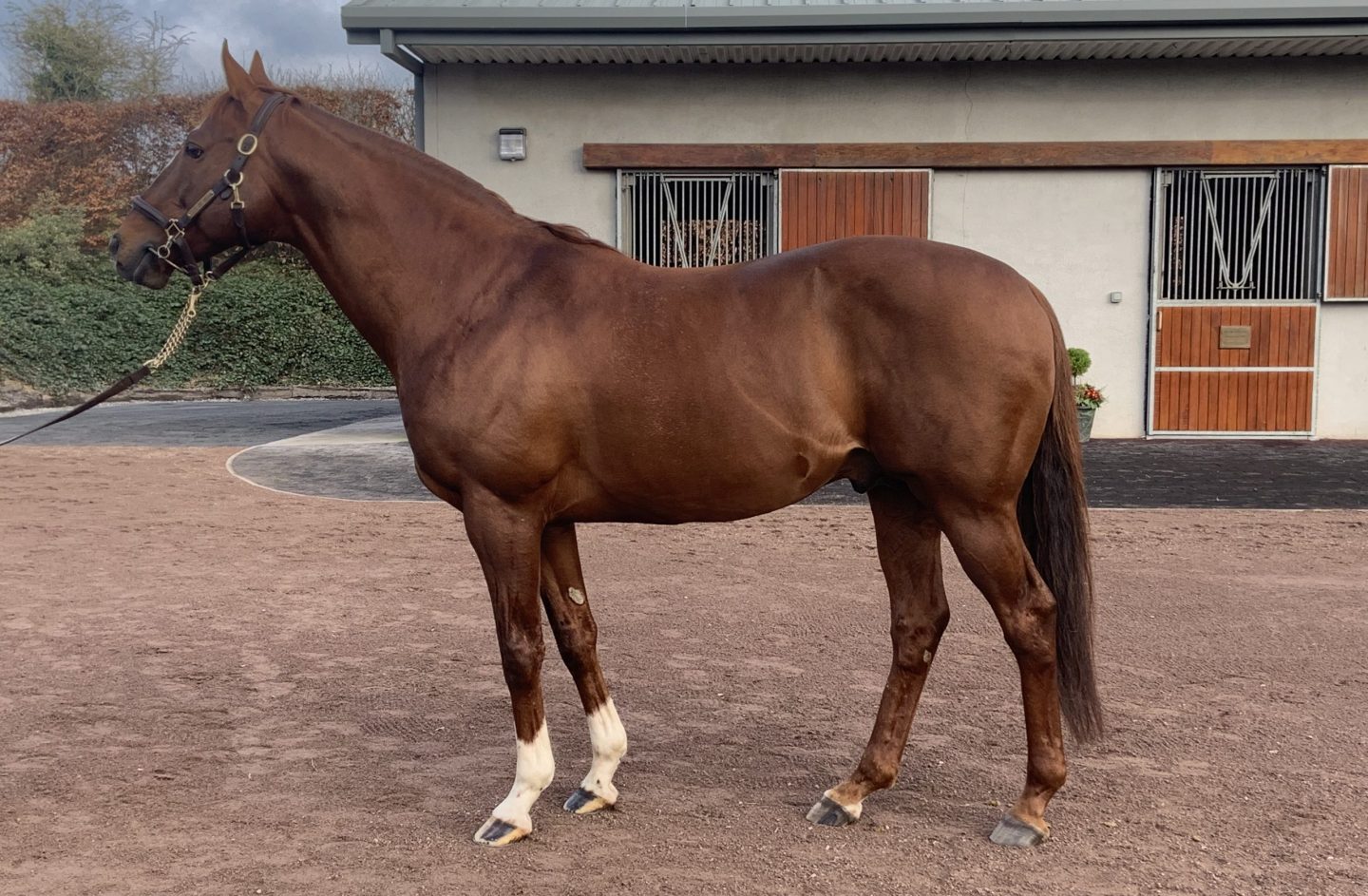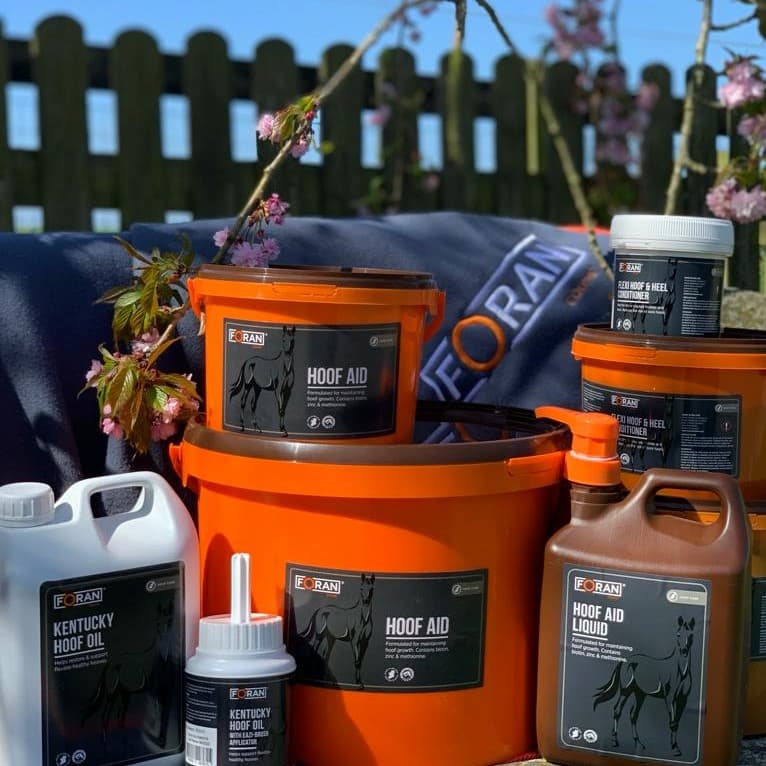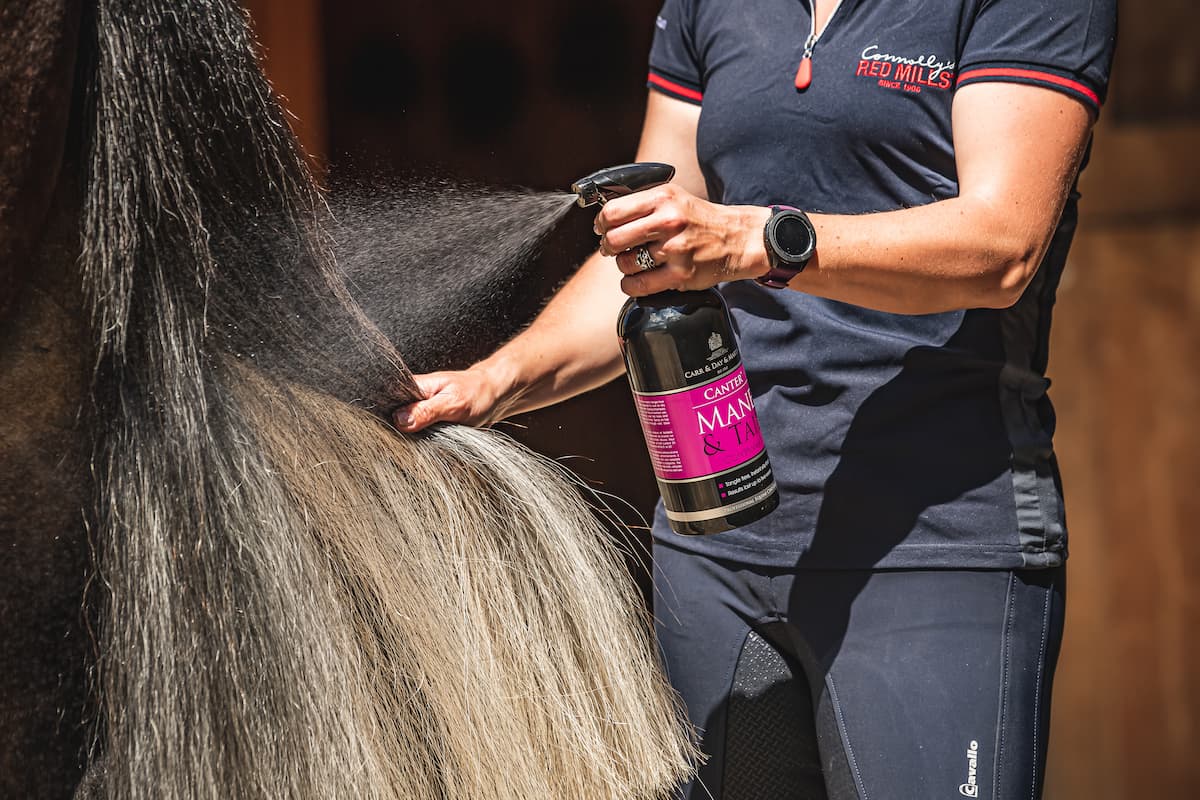Nov, 2018
Understanding the mare’s nutritional requirements, and how best to meet them, is key for the health of both the mare and the developing foal.
During the last three months of pregnancy the equine foetus develops rapidly; over 60% of total foetal growth occurs during this period and the foetus can gain up to 1lb/day (450g/day). To support this growth the mare’s need for most nutrients increases substantially.
Early lactation presents a period of substantial physiological stress for the broodmare. The lactating mare’s nutrient needs are greater than those of any other class of horse, with the possible exception of the racehorse in training. During this time the mare must recover from the stress of giving birth, produce milk and potentially re-breed hence correct nutrition is of vital importance.
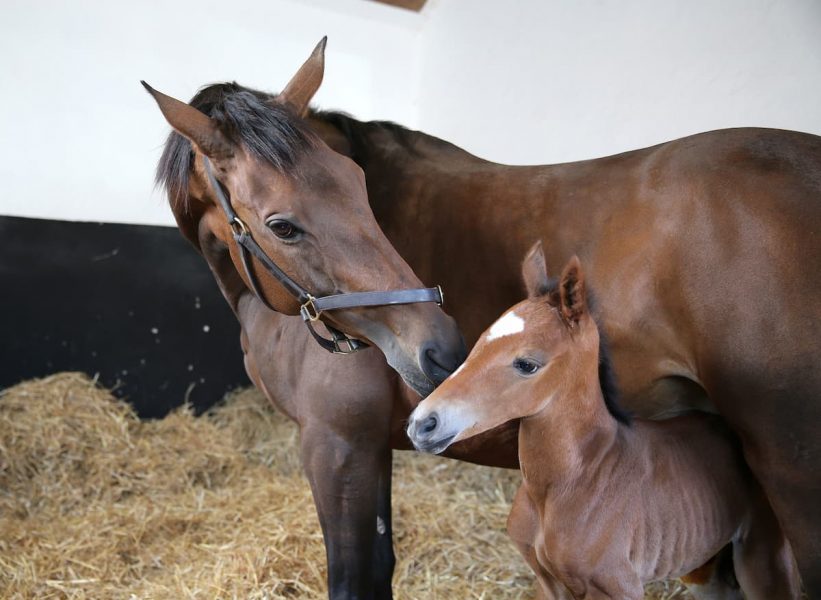
CALORIES
During late pregnancy, the mare’s energy/calorie requirements increase by up to 28% and by peak lactation will have almost doubled.
Undernutrition during pregnancy will mean that the mare ‘robs’ her own bodily stores to nourish the foetus. This will result in loss of condition, which may prolong gestation, and depletion of vital mineral stores. Loss of body reserves during late pregnancy and lactation can also result in reduced colostrum quality, poor milk production and reduce re-breeding success. On the other hand, excessive weight gain during late pregnancy can lead to problems at foaling and increase the risk of issues such as laminitis.
Monitoring the mare’s body condition, and modifying calorie intake as necessary, is essential. Ideally mares should have a condition score of 3-3.5 out of 5 or 5-6 out of 9, depending on the system used. It is worth noting that in late gestation mares may have less fat cover over the ribs due to the weight of the foetus and associated tissues. Thus, more emphasis should be placed on other locations of fat accumulation (i.e. the neck and hindquarters).
PROTEIN
It is critically important to meet the mare’s requirements for protein during gestation, as birth weight is dependent to a large degree on protein deposition. In addition, research has found that protein restriction during the last 90 days of pregnancy may reduce the ability of the newborn to absorb essential antibodies from the colostrum by 50%. Studies have also shown that lactating mares fed inadequate or poor-quality protein produce less milk and have smaller foals compared to those fed optimal levels of high quality protein.
Protein is made up of non-essential and essential amino acids. The latter cannot be made in the body and must be provided in the diet. Good quality protein is rich in these essential amino acids and plays important roles in both foetal growth and milk production. Indeed, the efficiency of conversion of crude protein to milk protein is affected by the quality of the protein fed.
VITAMINS & MINERALS
Meeting the mare’s requirements for vitamins and minerals is especially critical during the last trimester. Minerals such as calcium and phosphorus are necessary for foetal bone development. In addition, during late gestation the foetus accumulates stores of minerals (iron, zinc, copper, manganese) in the liver to support rapid growth post-parturition; the foetus has developed this nutritional strategy because mare’s milk is quite low in these minerals. Studies have shown that adequate copper intake in pregnant mares is an important factor in reducing the risk of bone and joint maturation problems in the foal. Supplementing of the foal after birth does not have the same effect of minimizing developmental disease. Consequently, supplementation with Foran Equine Copper Max paste, a chelated copper and zinc supplement, may be beneficial during the start of the trimester.
Certain studies have also suggested that supplementation of the pregnant mare with vitamin E and selenium, above requirements, can help improve the immunoglobulin (IgG) content of colostrum and hence immune function in the neonate. Thus, maiden mares and those with a history of poor colostrum quality may benefit from additional supplementation such as Foran Equine V.S.L.
FORAGE
The advanced breeding season of the Thoroughbred mare means that often in late pregnancy or early lactation the main forage fed is hay or haylage. The nutrient concentration and digestibility of conserved forage can vary considerably. Therefore, the starting point of any feeding programme should be to have the forage analysed to asses:
A) Protein content: The protein content of forage can vary immensely and may influence the choice of an appropriate concentrate feed. For instance, a mare fed a highly digestible alfalfa hay (16 to 18% protein) may require a lower protein hard feed compared to a mare fed a late cut timothy hay (approximately 7-11% protein).
B) Digestibility: This largely depends on stage of maturity at harvest. Most Thoroughbred mares will benefit from a highly digestible forage, although where excess weight gain is a concern, a forage with a lower digestibility may be preferable.
C) Mineral content: This is influenced by the mineral content of the soil the forage is grown on. Forage analysis will highlight any mineral excess/deficiencies and allow for the ratios of certain minerals to be assessed. This is vital as the absorption and metabolism of many minerals is interrelated. For example, copper deficiencies can be caused by a lack of copper in the diet or induced due to interactions with other minerals (e.g. zinc).
D) Hygienic status: The presence of certain substances such as mycotoxins is highly undesirable and may negatively affect reproductive health.
E) Vitamins: Although not routinely tested for, conserved forage is known to be low in vitamins which deteriorate during the drying and storage process. For example, in one study, 80% of the vitamin E was lost in haymaking.
Ideally, forage should be available ad lib however, during the last months of pregnancy forage intake may be reduced as the foetus compresses the digestive system. Although forages are a vital part of the broodmare’s diet, alone they are unlikely to provide suffcient calories and certainly will not provide optimal levels of essential amino acids, vitamins or minerals. Therefore, it is important to balance the diet with a suitable hard feed.
CONCENTRATED FEED
The most appropriate feed for the broodmare will depend on her body condition and the quality of forage available. For example, a mare foaling early in the year (Jan/Feb) is likely to require a higher concentrate intake than a mare foaling in May/June, when the availability and nutritional
content of the pasture improves.
Most mares will require a specific stud feed such as Connolly’s RED MILLS Stud Mix or Horse Care 14 Mix.
These feeds have been specifically formulated to provide the mare with balanced nutritional support during pregnancy and lactation.
“Connolly’s RED MILLS Stud Range contain a blend of cooked wholegrain cereals and highquality protein sources to meet the increased calorie and protein needs of the broodmare. They are also fully fortifed with all the essential vitamins and minerals needed to balance the forage portion of the diet.”
Daily intakes will vary according to the individual’s needs; typically, a 500kg mare in the latter stages of pregnancy will need 4-5kg/day, increasing to around 5.5-6kg/day during peak lactation. This should be divided into 2-3 meals (not exceeding 2kg/meal).
If the pregnant mare becomes overweight, calorie intake can be reduced by limiting the amount of Connolly’s RED MILLS Stud Mix or Horse Care 14 Mix fed.
However, if feeding significantly less than the recommended amount it will be necessary to add a nutrient-dense balancer to the ration. The balancer ensures optimal micronutrient intake, while allowing calorie intake to be adjusted by feeding more or less Stud Mix. It is important to remember that any changes to the mare’s diet (forage or hard feed) must be introduced gradually, ideally not within the two weeks prior to foaling, to help avoid the risk of gastrointestinal upset.
In summary, the critical aspect of feeding the broodmare is maintaining the mare in good condition by meeting her energy needs while ensuring that her protein, vitamin and mineral intakes are appropriate for each stage of her pregnancy. By understanding the mare’s nutrient needs during late pregnancy and lactation an intelligent and cost-effective feeding program can be designed and implemented.
Related Products
Contact our sales team via WhatsApp or email

Nicolas Gaumerais
Group Commercial Manager GCC Region
Based in the UAE, Nicolas Gaumerais is the Commercial Manager of Connolly's RED MILLS Group which includes Connolly's RED MILLS horse feeds and Foran Equine supplements sold in the GCC region. Nicholas regularly travels across the Gulf to meet customers.

Dominic Bligh
Group Commercial and Technical Executive GCC Region
Alternatively, reach out to Dominic Bligh who offers nutritional & technical support for Connolly's REDMILLS Feed and Foran Equine supplements. Dominic is also the Commercial Manager for Foran Equine Supplements. He regularly visits client's stables in the Middle East to advise on bespoke feeding programmes.
